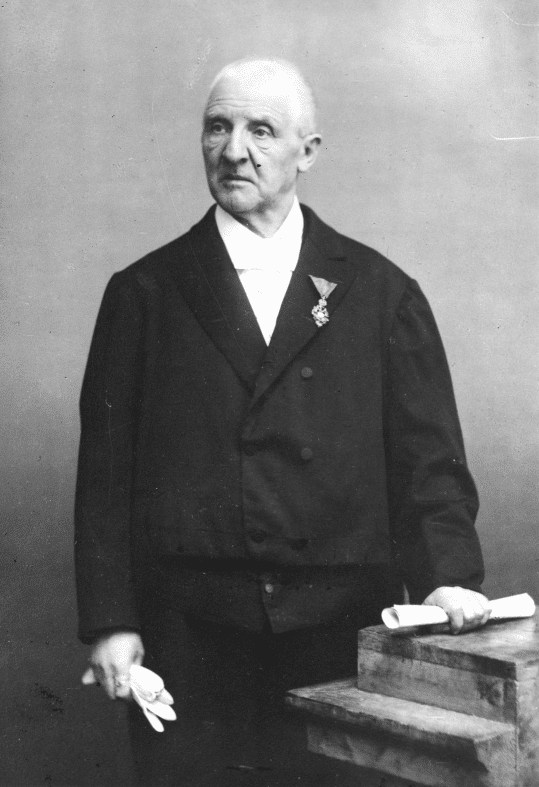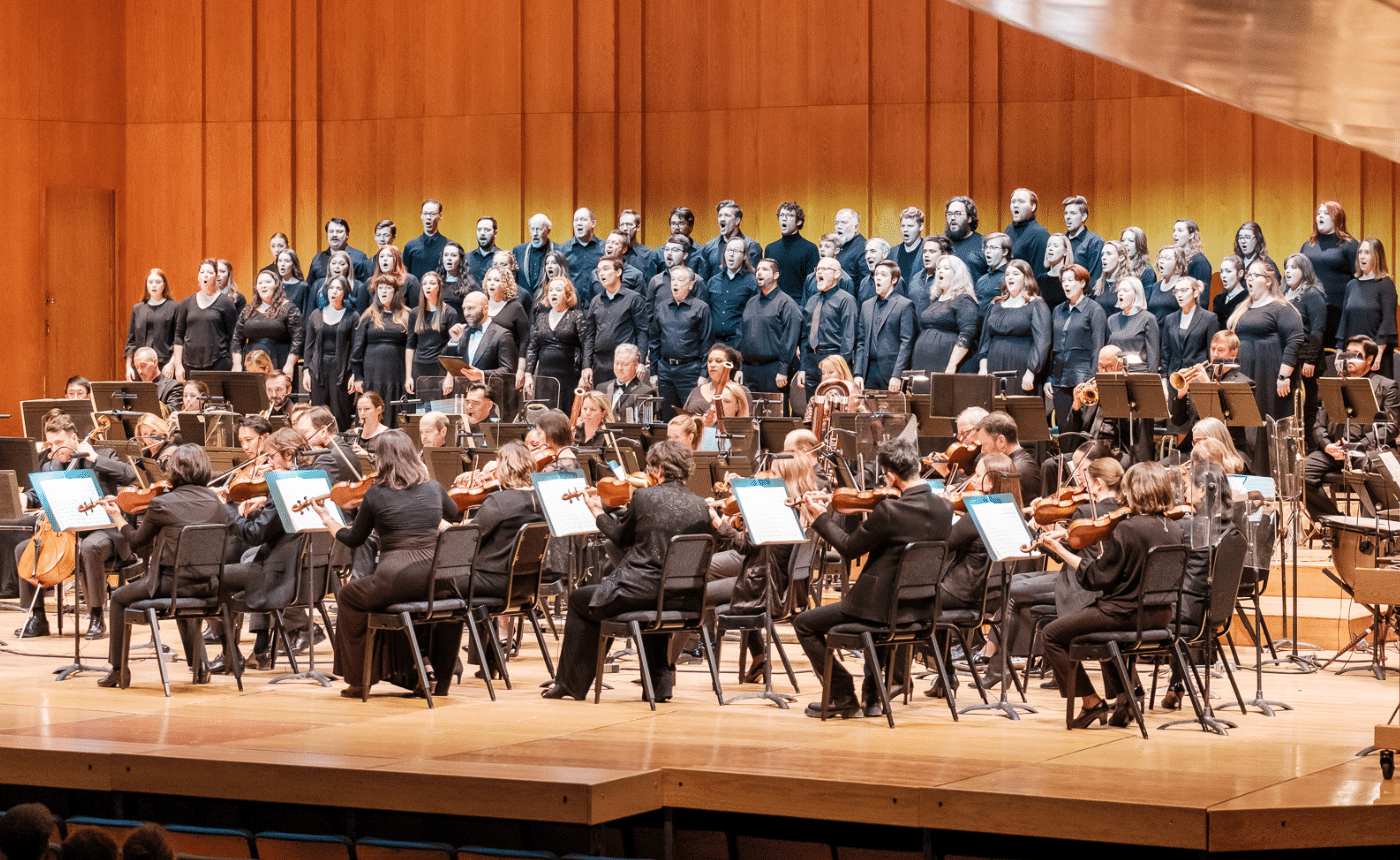BRUCKNER: Christus factus est
by Jeff Counts
THE COMPOSER – ANTON BRUCKNER (1824-1896) – Bruckner’s devout Catholic faith is typically mentioned first among the attributes that made him the musician and person he was. He was surrounded by music and religion from the start in his provincial town, but too shy and unconfident to be a child prodigy. His father was an organist at the local church where his mother was a choir member, but little Anton didn’t begin to pursue music seriously until he was 11 (quite late by famous composer standards). Bruckner’s ensuing five years as a choirboy at St. Florian were formative, spiritually and compositionally, but the latter effect would not become obvious until much later, after he had spent many further years in service to his God as an organist. Just like dad.
THE HISTORY – Not surprisingly for such a faithful man, Bruckner composed some 40 motets over the course of his life. The first came during his early days at St. Florian when, as an 11-year-old, he set a portion of the Pange lingua (“Sing my tongue”) for a cappella choir. The last, the culmination of a lifetime of humble musical prayer, came in 1892 with Vexilla regis (“The Royal Banner”). Bruckner was nearly 70 at that point. In between those two cardinal points are sturdy list of chorales that trace the map of his travels as an organist and composer. Christus factus est (“Christ became obedient”) was written during Bruckner’s years in Vienna and provides the attentive listener with glimpses in his mature view of harmony and form. The text is based on Phillippians 2:8-9 in which “Christ became obedient for us unto death, even to the death, death on the cross. Therefore, God exalted him and gave him a name which is above all names.” Noble arches and vaulted ceilings of sound mark Bruckner’s version of the passage of the words, until the end when the music stills and leaves room for the name “above all names” to whisper itself right out of the mortal plane. To recall Bruckner only as an epic symphonist is to deny his gifts as a miniaturist. His quiet church music was every bit as important to his sense of religious place as the mighty orchestras he marshalled. Anton Bruckner was not simply a “person of faith”, he was, to the extent such a thing is possible and understandable, faith personified. Students of his recalled him dropping to his knees at the first sound of the Angelus bell, right in the middle of a sentence when necessary. The motets he composed for almost 60 years invoke that same kind of unwavering discipline and in Christus factus est, Bruckner’s own obedience to the cross is dutifully fulfilled.

THE WORLD – Elsewhere in 1884, construction on the Washington Monument was completed, Germany took possession of Togoland in West Africa, the Siege of Khartoum began in Sudan and Edwin Abbot published Flatland.
THE CONNECTION – Bruckner’s Christus factus est has never been performed on a Utah Symphony Masterworks concert.











